Holocaust Education Moves UAE Closer To Israel But Suspicions Remain
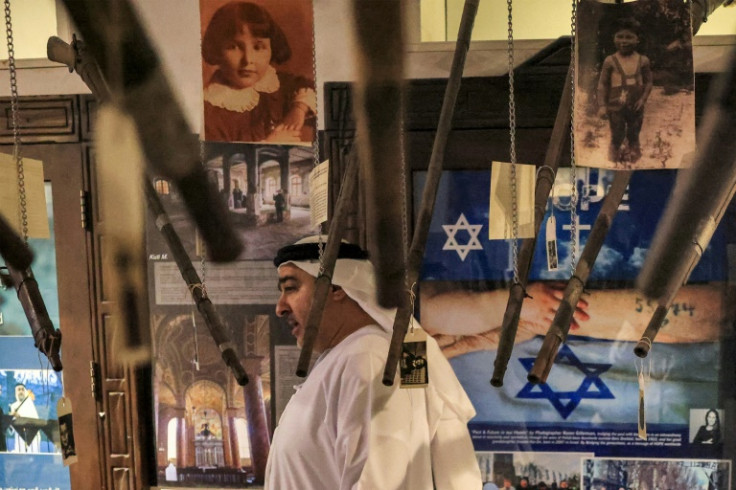
The United Arab Emirates plans to teach school students about the Holocaust, signalling warming ties with Israel, a country that is widely condemned in the Arab world over the Palestinian conflict.
The wealthy Gulf state's move comes after it agreed to normalise ties with Israel under the US-brokered 2020 Abraham Accords along with Bahrain and Morocco, years after Egypt and Jordan had forged relations.
At Dubai's Holocaust Gallery -- the only permanent exhibition on Arab soil about Nazi Germany's genocide of European Jews -- visitor Andreas Duhn praised the education initiative, the first in the region outside Israel.
"It's good that the UAE is taking a lead in the Arab world on this hugely important part of history that everyone should know about," said the 38-year-old British finance professional who lives in Dubai.
"It shows that things are changing."
Duhn visited the exhibit after hearing that the UAE will become the first Arab country to include the Holocaust, the Nazis' systematic murder of millions of Jews and other groups, in its state school curriculum.
Arab nations have generally been reluctant to tackle the subject, given that Nazi Germany's mass murder of Jews in gas chambers and on death marches was a key factor leading to the 1948 creation of the state of Israel.
The founding of Israel as a safe haven for Jews led to the large-scale expulsion of Palestinians and the occupation in the 1967 Six-Day War of the West Bank and east Jerusalem, which was later annexed.
Solidarity with the Palestinian cause has made the Holocaust a taboo subject in many Arab countries, where school texts and world maps often deny the very existence of Israel, which is commonly dubbed the "Zionist entity".
Given this highly charged context, the UAE's landmark decision has not been greeted with unanimous praise, and some experts predict that a major change in public perceptions will be slow in coming.
"The Holocaust is a historical fact but, I think, is being politicised by Israel, which misuses it every now and again to serve its own political purposes," charged Emirati political science professor Abdulkhaleq Abdulla.
The UAE's embassy in Washington tweeted this month that it "will now include the Holocaust in the curriculum for primary and secondary schools", without giving further details.
Ahmed Obaid Almansoori, founder of the Crossroads of Civilizations Museum that houses the Holocaust Gallery, said it was "important to introduce Holocaust education in the region, since the level of denial is very high".
"If we want people to sympathise with us, we have to sympathise with others," he told AFP at the permanent exhibition, which features weapons, photos of the dead and religious scrolls.
The Holocaust Gallery's visitor book however reveals some different views. While the comments are overwhelmingly positive, some are openly hostile toward Israel.
"Those who had suffered injustice should protect those who suffer injustice -- and not act unjustly," said one message in Arabic, while other visitors wrote "Down with Zionist imperialism" and more incendiary comments.
Some private schools in the oil-rich Gulf country, where 90 percent of people are expatriates, already teach about the Holocaust, and the UAE has hosted lectures by Jewish survivors since normalising ties with Israel.
In crafting the new curriculum, the education ministry has consulted with the Institute for Monitoring Peace and Cultural Tolerance in School Education (IMPACT-se), and Israel's Yad Vashem Holocaust memorial and education centre.
"The Holocaust element is just a very small part of the whole curriculum, but it is being worked on now," said Marcus Sheff, CEO of IMPACT-se, an Israeli-British research and policy institute promoting UNESCO standards in education.
Yad Vashem said "this initiative is still being developed", noting it was "too soon" to elaborate.
Alex Peterfreund, a Jewish community leader who has lived in the UAE since 2014, said he was "proud" of the planned change.
"By teaching what the Holocaust is, the UAE wants to show what could happen if people of different religions and different cultures can't live together," said the 56-year-old Belgian, whose paternal grandparents died in the Holocaust.
But perceptions will be slow to change, predicted Hind Al Ansari, a public policy fellow at the Washington-based Wilson Center think-tank.
Holocaust teaching is not "likely to result in tolerance towards Israel in the near future", she said, pointing to "the sacredness of the Palestinian cause in the Arab world, including among the vast majority of Emiratis".
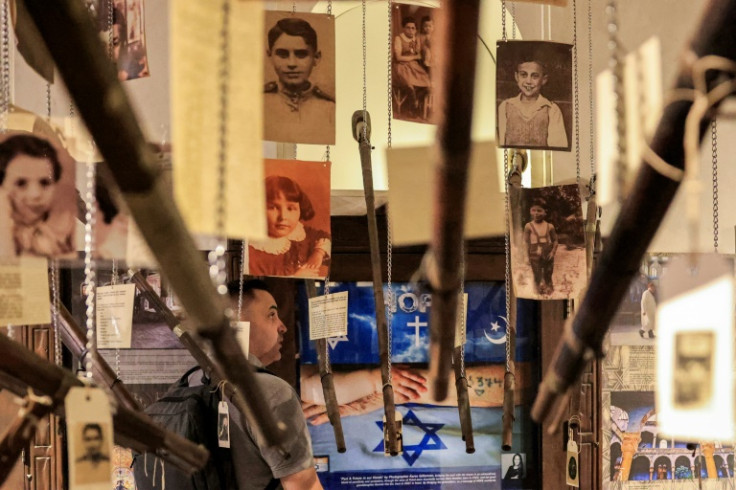
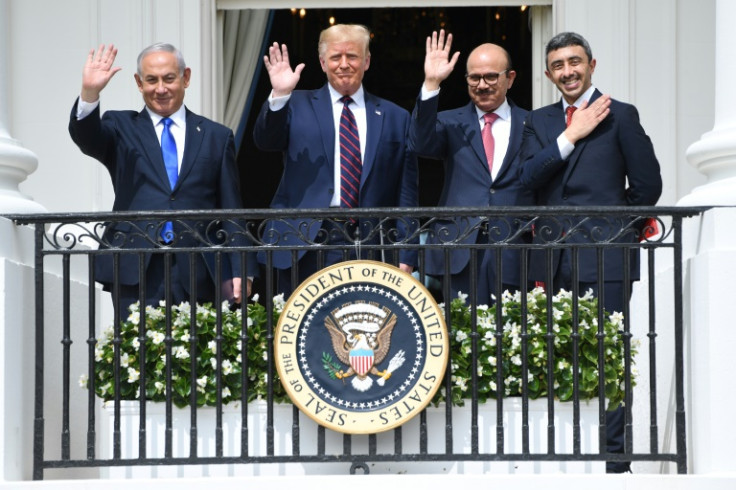
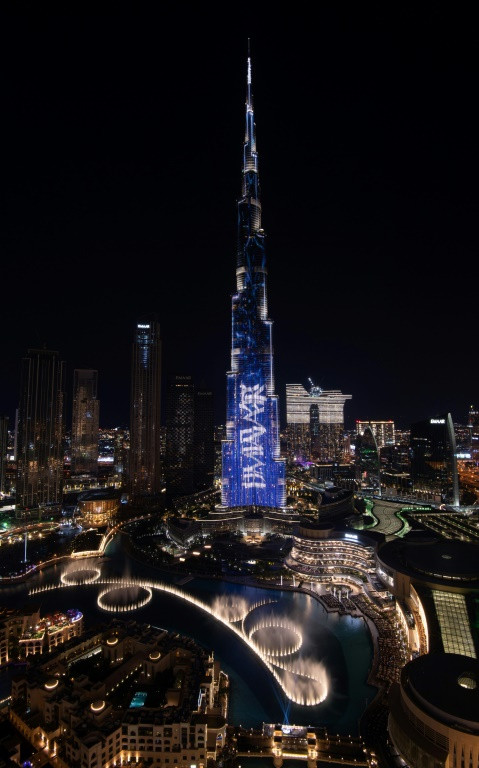
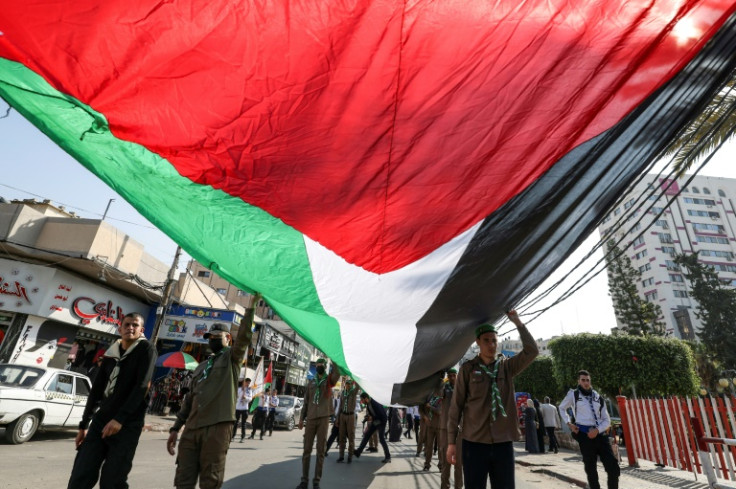

© Copyright AFP 2025. All rights reserved.

















